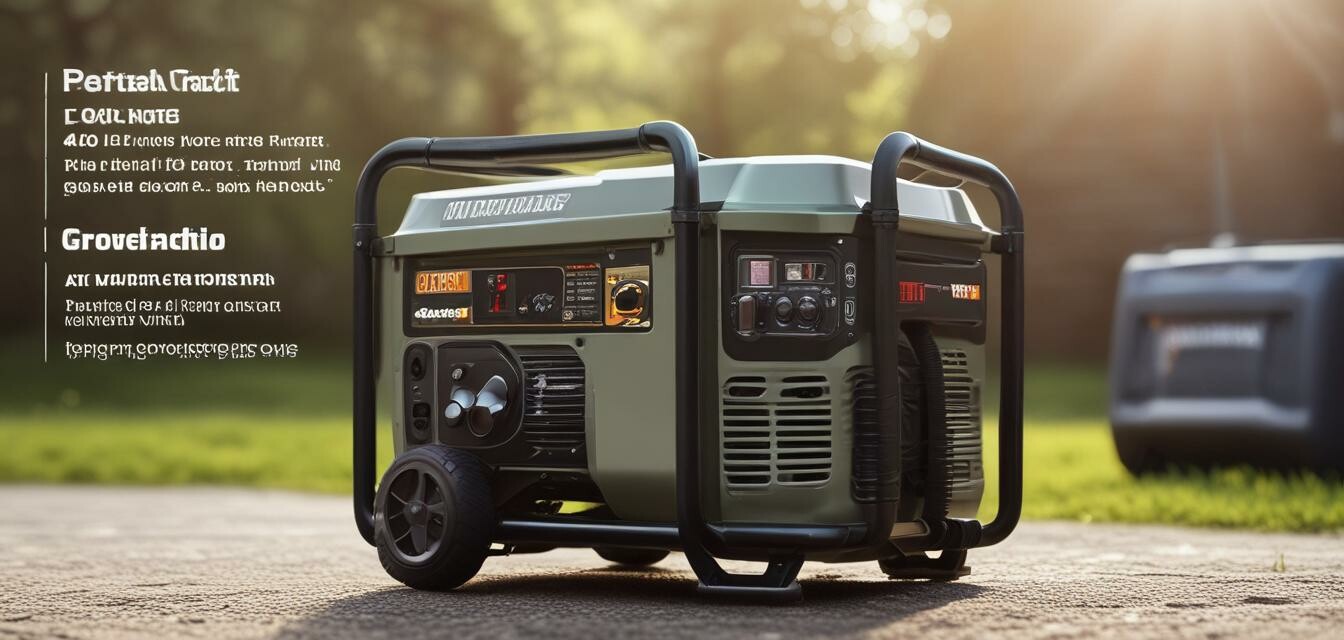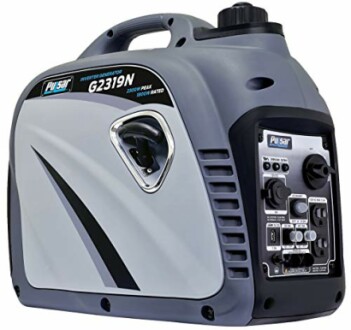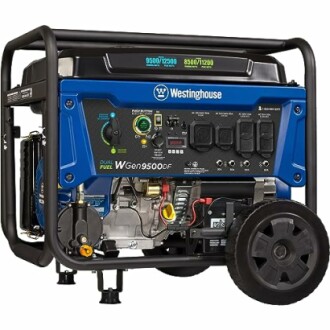
Comparing the Best Portable Generators for Your Needs
Key Takeaways
- Understanding your power needs is essential when selecting a portable generator.
- Consider fuel types such as gasoline, propane, or dual-fuel options.
- Look for features that enhance usability, including electric start and runtime duration.
- Compare the wattage output to ensure it meets your specific requirements.
When it comes to emergency preparedness, choosing the right portable generator can make all the difference. A reliable generator ensures that you can power essential appliances during outages or even while camping. In this guide, we'll compare some of the best portable generators in 2024, focusing on their performance, fuel type, features, and overall usability to help you make an informed decision.
Why You Need a Portable Generator
Portable generators are versatile tools designed to supply electricity during emergencies, such as power outages, natural disasters, or outdoor adventures. They can power everything from lights and refrigerators to tools and medical equipment, providing peace of mind during unexpected situations.
What to Consider When Choosing a Portable Generator
- Power Output: Assess how much wattage you need based on the devices you plan to power.
- Fuel Type: Portable generators commonly run on gasoline, propane, or natural gas. Consider which option is best for your situation.
- Runtime: Understand how long the generator can run on a full tank to ensure it meets your needs.
- Portability: Look at the weight and design to ensure you can transport it easily.
- Features: Additional features like electric start, safety features, and noise levels are crucial for convenience and usability.
Top Portable Generators of 2024
| Product Name | Power Output | Fuel Type | Runtime | Weight | Special Features |
|---|---|---|---|---|---|
Pulsar 2,300W Portable Gas-Powered Quiet Inverter GeneratorLightweight and compact generator with a peak output of 2,300 watts, perfect for camping and small appliances. Learn More |
2,300 watts | Gasoline | Up to 4.8 hours at half load | 47 lbs | USB outlet & Parallel Capability |
Westinghouse 12500 Watt Dual Fuel Portable GeneratorA powerful generator offering dual fuel capabilities, ideal for residential backup. Learn More |
12,500 watts | Gas & Propane | Up to 12 hours | 210 lbs | Remote Electric Start |
Pros and Cons of Each Generator
Pros of Pulsar 2,300W Generator
- Lightweight and portable design.
- Quiet operation with stable sine wave technology.
- Multiple usage options for camping and small appliances.
Cons of Pulsar 2,300W Generator
- Limited running wattage may not suit all home appliances.
- Shorter runtime compared to higher-capacity models.
Pros of Westinghouse 12500 Watt Generator
- High power output suitable for entire home backup.
- Dual-fuel capability for flexibility.
- Remote start feature for added convenience.
Cons of Westinghouse 12500 Watt Generator
- Heavyweight makes it less portable.
- More complex setup compared to smaller generators.
Maintenance and Care for Your Portable Generator
To ensure the longevity and efficient operation of your portable generator, proper maintenance is crucial. Here are some tips:
- Regularly check the fuel and oil levels.
- Clean the air filter and spark plugs.
- Store in a dry, cool place to prevent rust.
- Run the generator regularly to keep it in good condition.
For more detailed maintenance guidelines, visit our Maintaining Your Energy Kit page.
Where to Buy Portable Generators
Portable generators can be found at various retailers, both online and in physical stores. To explore a variety of options and make an informed purchase, check our pages on Portable Generators and Buying Guides.
Final Thoughts
Choosing the right portable generator comes down to your specific needs. Whether it's a lightweight model for camping or a heavy-duty generator for home backup, each option has its unique benefits. Consider your power requirements, fuel preferences, and required features to find the best generator for you.


